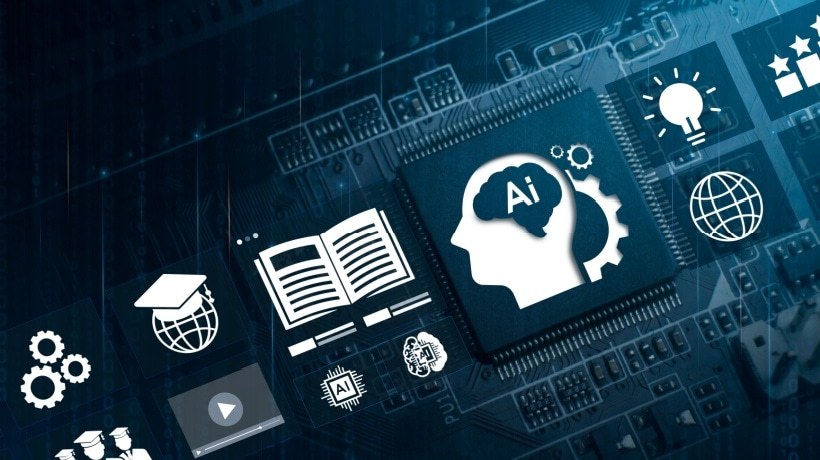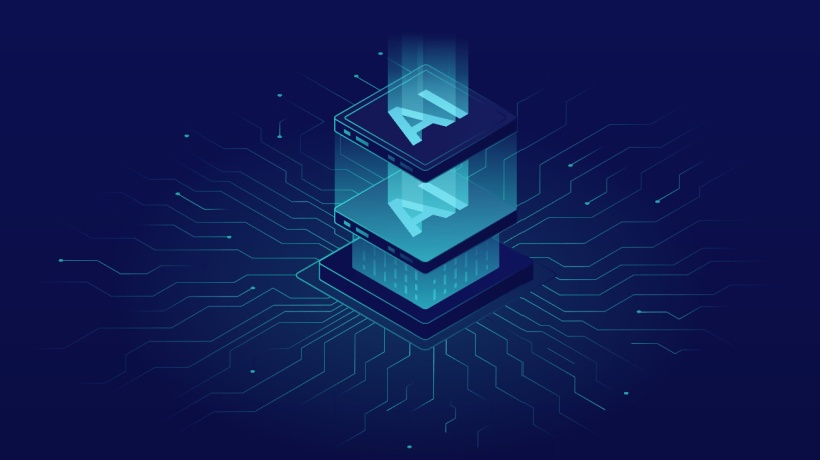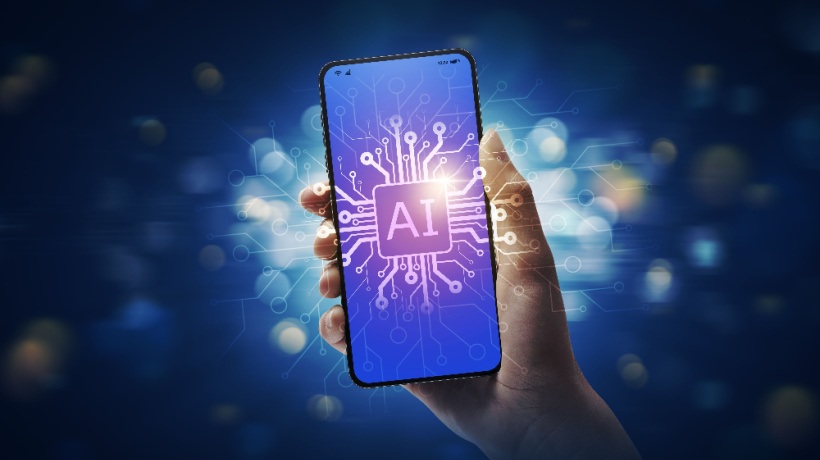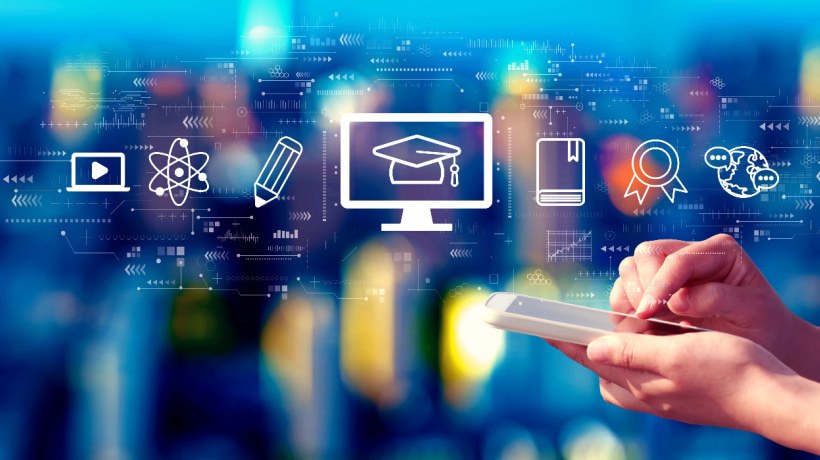How The Role Of AI In Modern Education Is Shaping The Future
Artificial Intelligence (AI) is redefining how modern education is delivered, experienced, and managed across the world. From personalized learning platforms to intelligent administrative systems, AI has evolved from being a futuristic idea to an essential component of modern classrooms. As schools, universities, and online programs continue to embrace technological transformation, AI stands at the center of this change reshaping how teachers teach and how students learn.
Understanding AI's Growing Impact On Education
AI in education refers to the use of intelligent computer systems that simulate human thinking to improve learning processes. This includes tools that personalize learning paths for students, automate grading, or provide educators with insights into student progress. The idea is not to replace human teaching but to enhance it by giving educators more time to focus on creative and mentorship-driven tasks while AI handles repetitive or data-heavy work. According to a recent research study, the global AI in education market is growing at a CAGR of 46.12 % during the forecast period (2025-2031). The global adoption of digital tools, especially after the shift towards online learning, has accelerated AI's integration into classrooms. Institutions are now using AI to create adaptive learning environments where every student can progress at their own pace and style.
Personalized Learning Experiences For Every Student
One of the most transformative uses of AI in education is personalization. Traditional teaching methods often struggle to meet the unique needs of individual learners. AI bridges this gap by analyzing how each student interacts with lessons, assessments, and assignments. Based on this data, AI systems can suggest tailored learning materials, identify knowledge gaps, and offer targeted feedback.
For example, intelligent tutoring systems can track student performance in real time, recommending additional resources or adjusting the complexity of lessons to suit progress. This flexibility helps learners stay engaged and ensures that advanced students remain challenged while those who need more help receive timely support.
Improving Teaching Efficiency And Administrative Tasks
Teaching involves more than delivering lessons; it also includes evaluating assignments, managing student records, and conducting performance assessments. These administrative responsibilities can be time-consuming. AI tools now automate many of these tasks, allowing educators to focus on what matters most teaching and mentoring.
Automated grading systems can evaluate quizzes, essays, and even complex problem-solving responses with an increasing degree of accuracy. Learning Management Systems (LMSs) powered by AI can analyze attendance, participation, and completion rates to generate actionable insights. This data helps teachers understand student engagement patterns and adjust their instruction accordingly.
Moreover, AI chatbots and virtual assistants are streamlining administrative communication by answering student questions about schedules, coursework, or deadlines. For institutions, such systems reduce workload while improving accessibility and response accuracy.
Supporting Students With Accessibility And Inclusion
AI is playing a vital role in making education more inclusive. Tools like speech-to-text transcription, real-time translation, and adaptive learning interfaces are empowering students with disabilities or language barriers. AI-driven resources can offer customized support to visually impaired or hearing-impaired learners, ensuring that everyone receives equal access to educational content.
Language learning is another domain where AI's influence is growing. Intelligent translation tools and pronunciation feedback systems help learners gain fluency faster. This adaptability strengthens cross-cultural understanding and global communication, which are key skills in today's interconnected world.
Challenges And Ethical Considerations In AI Adoption
While the benefits of AI are clear, its integration also brings challenges. One critical concern is data privacy. Schools and universities must ensure that sensitive student data is handled responsibly, with strict compliance to privacy regulations. The reliance on AI tools created by large technology companies also raises questions about dependency, equity, and control over educational content.
There is also a growing debate about the ethical use of AI-generated content in learning environments. Students now have access to generative AI systems that can create essays or solve assignments within seconds. Educators must therefore strike a balance between using AI as a learning aid and preventing it from undermining critical thinking and creativity.
Furthermore, teachers need adequate training to effectively integrate AI tools into curricula. Professional development programs are essential to help educators understand AI's potential and its appropriate classroom applications.
The Evolving Role Of Educators In An AI-Driven Era
As AI takes on more routine responsibilities, the educator's role is becoming more strategic and human-centered. Teachers are expected to interpret AI insights, foster creativity, and cultivate emotional intelligence areas where technology cannot replace human connection. The partnership between teachers and AI is crucial; when used responsibly, it encourages deeper learning rather than passive information consumption.
AI also strengthens collaboration among educators. By analyzing teaching outcomes across departments or schools, AI systems can share best practices and help institutions continuously improve instruction quality.
Preparing For The Future Of AI In Modern Education
The future of AI in education extends beyond the classroom. AI-powered career counseling tools are already guiding students toward suitable learning paths and job opportunities by analyzing skills, academic performance, and emerging industry trends. Moreover, universities are investing in AI literacy programs to prepare students for a technology-driven workforce.
Educational policymakers are also exploring frameworks to ensure ethical, secure, and equitable AI use. This includes transparency in AI decisions, fair access to digital infrastructure, and continuous evaluation of AI tools' impact on learning equity.








